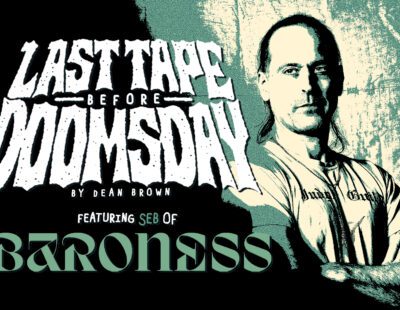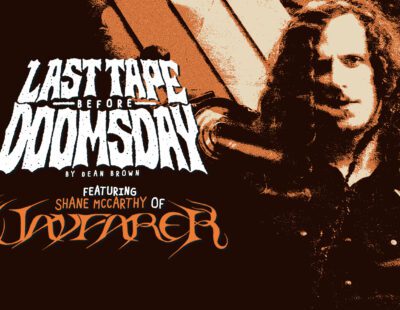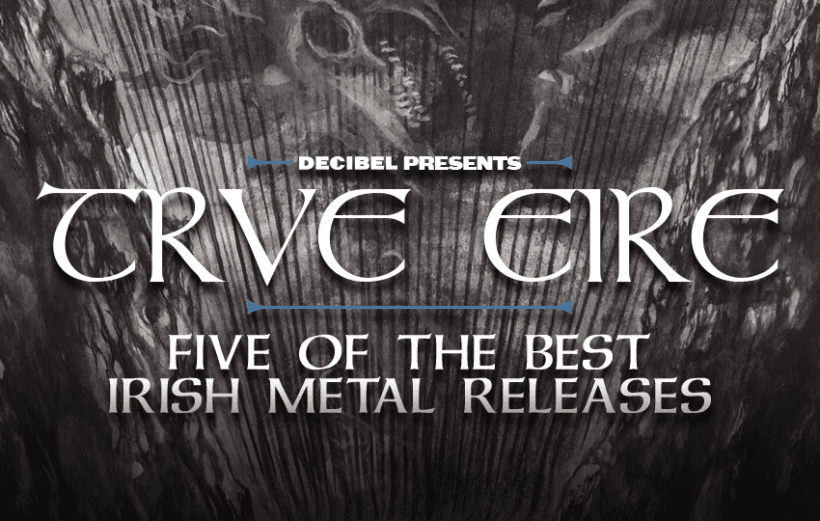
From the primal beat of the bodhrán to the whirling dervish of isometric notes from tin whistle, fiddle, Uilleann Pipes, guitars and voice, locked in reels of pain, rebellion and uprising, Irish traditional music has existed as a means of survival and a source of power for its creators and listeners for decades. Ballads painted grim pictures of a nation’s suffering at the hands of bloodthirsty intruders, and these tales of destruction, the degradation of a culture through oppression, but ultimately of survival, are set in stone through the legendary folk songwriting of The Chieftains, The Dubliners, Christy Moore, The Bothy Band and many others.
The hypnotic repetition of Irish trad music often accompanied by a seanchaí’s raw, earthy oration, is bred into the fabric of every Irish person. It’s also in the picturesque mountains and jagged, wave-beaten coastlines… it flows through Guinness… it’s etched into the history books, carved on greyed tombstones, and found in windswept fields of green. Therefore, it’s no surprise that such sounds found their way into Irish heavy metal, fore-fathered by the mighty Thin Lizzy and still echoing through the barrage of black metal and doom that comprises Primordial’s call of the heathen tribes.
On this day, St. Patrick’s Day, the Irish, and those with ancestral Irish blood still coursing through their veins, celebrate the resilience of its people: those who have fallen yet live on through song and script, and those still standing. So, in tribute to Irishness and to soundtrack your sinking of many pints of the black stuff, we present five of the best metal releases to ever come from The Emerald Isle—Trve Eire.

Altar of Plagues, Mammal (2011)
A death-obsessed odyssey spanning four songs across 52 minutes of austere black metal, Altar of Plagues’ Mammal eschews themes of Irish history and nature and turns introspectively towards pure nihilism. “When the Sun Drowns in the Ocean” is a chilling example of Altar of Plagues at peak misery. Accompanied by a Gaelic funeral lament (“keening”), a banshee-like, non-linear melody, guitarist/vocalist/songwriter James Kelly screams in anguish, “I was young and you promised that we would live forever / The brother, the mother, the sister and the son, all of them are gone / Who will conduct the ending scene, now that my love is extinct?” Such raw-boned honesty and existential pain are synonymous with Irish folk hymns and here those traits live on surrounded by acrid blasts, ISIS-esque post-metal and raging swells of black metal.

Malthusian, Across Deaths (2019)
Easily the most extreme inclusion on this list, and definitely the least “Irish sounding” of the lot, death/black/doom summoners Malthusian owe little to their culture when it comes to their music, save perhaps capturing the grimness that comes with a dark, wet winter’s day in Ireland. With Portal’s abstract barbarity in tow, replete with cavernous production qualities that bring the band onwards to Golgotha rather than Dublin, Malthusian give listeners very little to grip on to. This is a free-fall through extreme soundscapes, and you either sacrifice yourself to the off-kilter beats, sickening atonal riffs, eight-headed screams and overall nightmarish atmosphere, or you go running back to your safe space with U2’s The Joshua Tree as the soundtrack of comfort. We know which path we’d prefer—and it’s on the left.
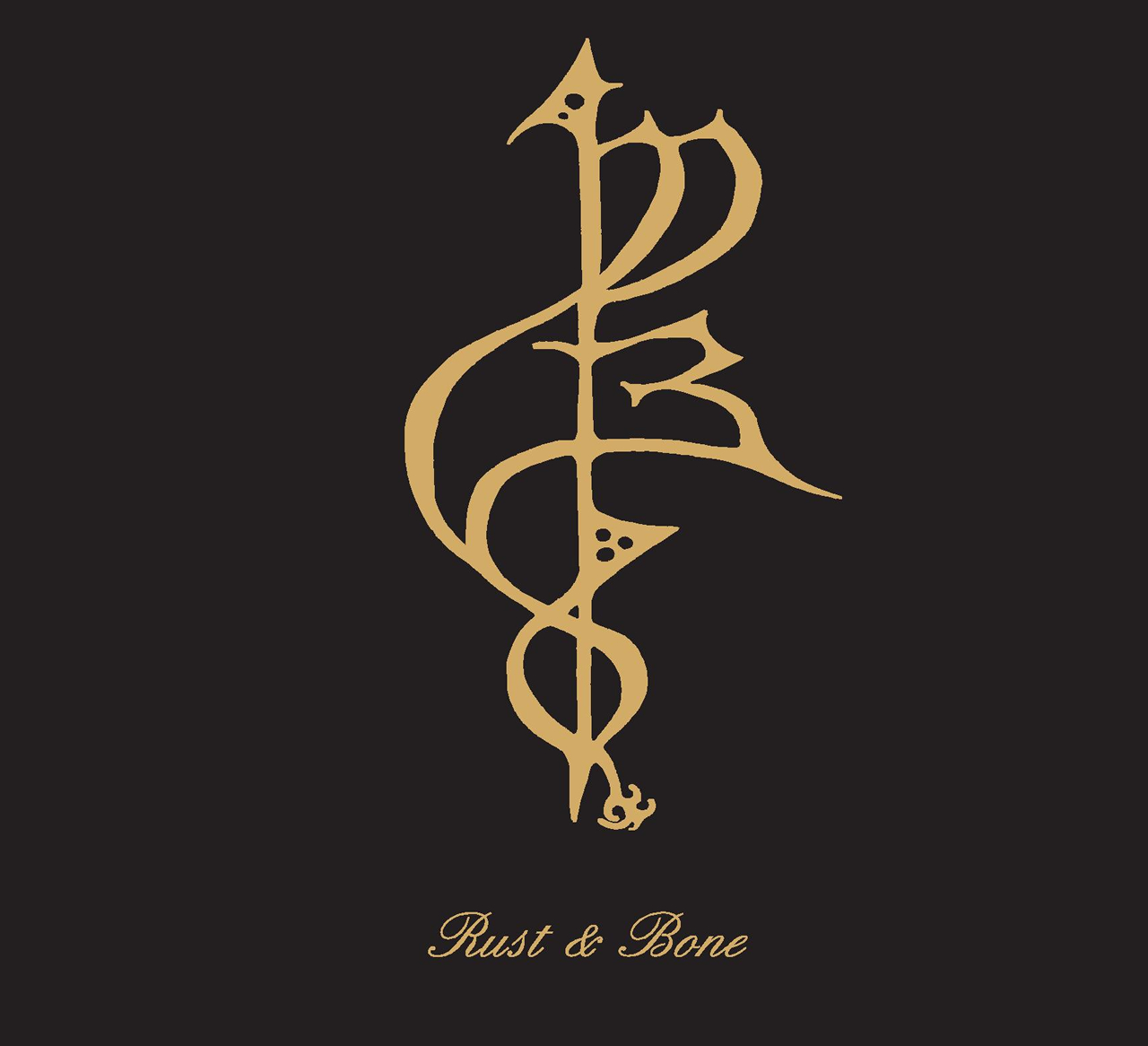
Mourning Beloveth, Rust & Bone (2015)
Akin to Primordial, Kildare’s own Mourning Beloveth are a long-standing force in underground Irish music, one beholden to the country’s traditions and temperament. The doom/death metal band matched their despair-drenched tomes, Dust (2001) and Formless (2013), on their latest release Rust & Bone, as “Godether”’s ominous weight sets the scene for the rest of the record. With Frank Brennan’s clean and unmistakably Irish wail cutting through the towering riffs and pounding rhythms, there’s certain gravitas added to the aggression of the growled vocals. The real coup on this concise record, however, is the band’s acoustic piece titled “A Terrible Beauty Is Born,” which vocalizes and renders on tape the powerful war poetry of William Butler Yeats. Stirring and heartbreaking in equal measure.

Primordial, To the Nameless Dead (2007)
A darker, more sorrow-steeped take on Irish storytelling mixed with the epic bombast of Bathory and the crestfallen doom of Candlemass can be found on Primordial’s now-classic To the Nameless Dead LP. “Empire Falls,” “Gallows Hymn” and “As Rome Burns” make for a moving opening trifecta, with Alan “Nemtheanga” Averill’s profound delivery and keen lyricism perfectly harkening back to the folk legends of Irish music. His pained questioning of “Where is the fighting man? Am I he?” on song of rebellion “Empire Falls” remains a hair-raising moment. While “Traitors Gate” and its evocative tale of war, opens old wounds in a new context given the current dire situation in Ukraine: “They have marched us through the streets / Heralded our deaths / Proclaimed our end / And brought us to our knees.”
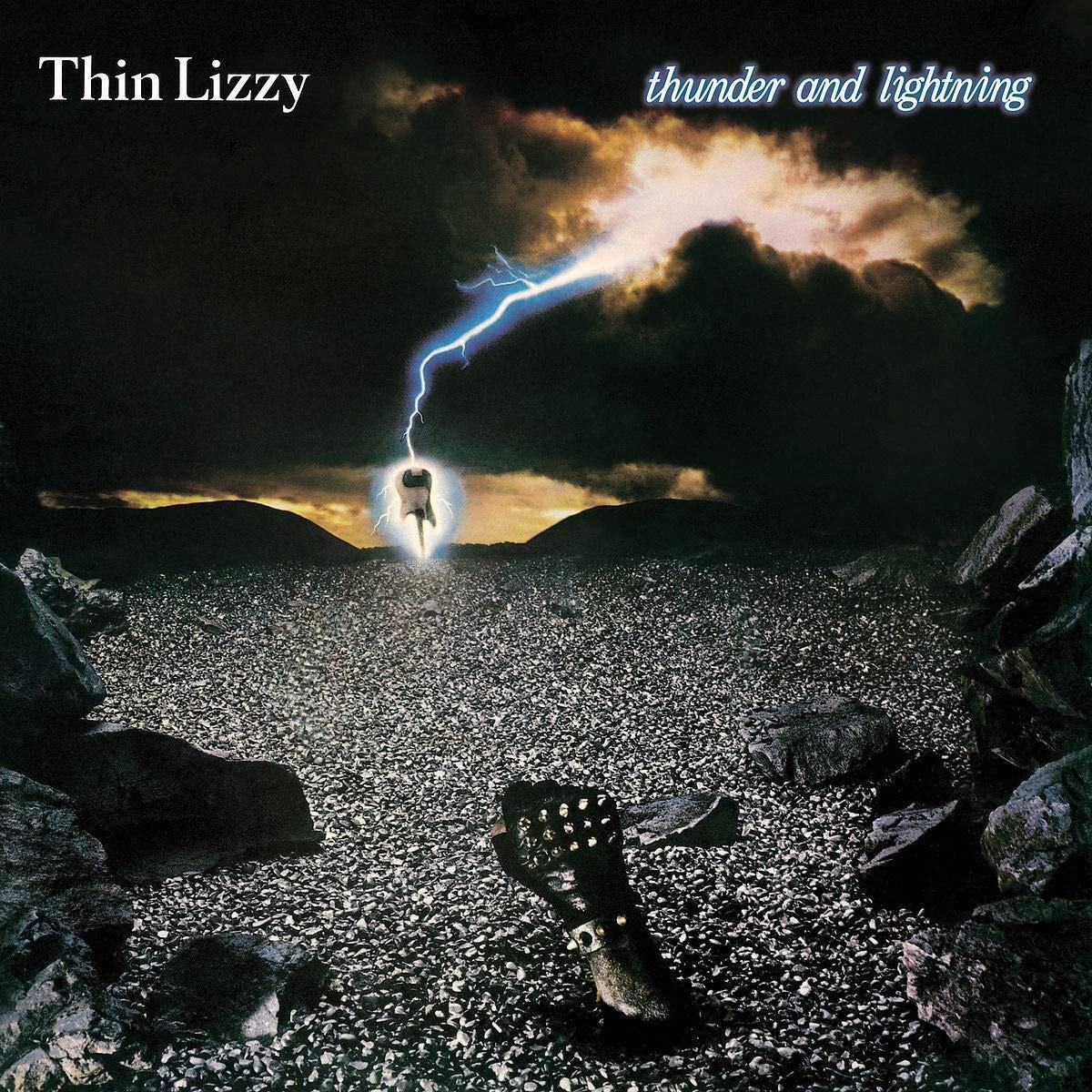
Thin Lizzy, Thunder and Lightning (1983)
The final Thin Lizzy record—adorned with a studded leather fist punching its way out of the dirt—is easily the Phil Lynott-led band’s most metal release. Rivaling “The Emerald” for the heaviest ‘Lizzy track, “Cold Sweat” stands out through sheer ballsy attitude, and a ripping performance from former Tygers of Pan Tang axeman John Sykes. Elsewhere, the opening title track is as raucous an anthem as you’ll ever hear, and ready-to-fight ragers such as “This Is the One” and “The Holy War” were written to be pumped out of speakers in dimly lit, beer-stained pubs and contrast brilliantly with the synth-balladry of “The Sun Goes Down.” From tits to tail, Thin Lizzy captured the fighting spirit of their homeland on Thunder and Lightning.




